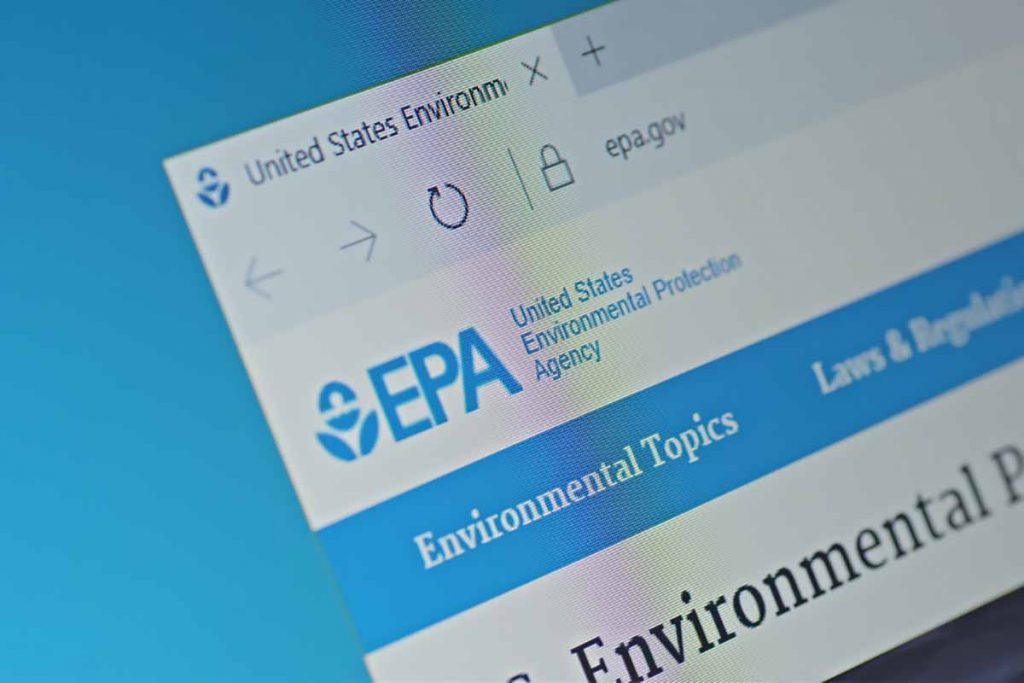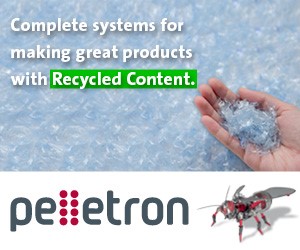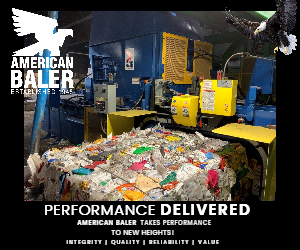
Although many states have reclassified pyrolysis as a manufacturing process, the U.S. EPA will preserve its status as a form of incineration under federal law. | g0d4ather/Shutterstock
Ample time and staff resources are needed to study and gain a technical and regulatory understanding of the air quality impacts of pyrolysis. In the meantime, the process should remain subject to more stringent regulatory requirements, the U.S. EPA decided.
Reversing a proposal put forward in the last year of the Trump administration, the EPA on May 24 decided to continue applying the current Clean Air Act requirements for pyrolysis.
The plastics industry has been pushing pyrolysis, which involves breaking down plastics and other materials with heat in a no- or low-oxygen environment, as one of many technologies capable of recycling plastics that aren’t generally recycled through mechanical means.
The chemical recycling processes – or “advanced recycling” technologies, as the chemical industry calls them – break molecular chains of polymers to produce chemicals that can be used to make fuels, oil or new plastics.
The plastics industry, which is lobbying states to classify such processes as manufacturing rather than waste management to ease regulatory barriers, point to their potential to lift stagnant plastics recycling rates.
Environmentalists and some in the recycling industry have been fighting the chemical recycling proposals, saying the processes involve significant environmental impacts, often produce fuels that are burned and are simply used to justify continued plastic production.
Two dozen states have now passed bills categorizing chemical recycling as manufacturing, rather than incineration of waste. The most recent two were Louisiana, which had its bill signed into law on June 1, and Texas, which had the legislation signed into law on May 27.
EPA reverses course
In 2020, as it was reviewing Clean Air Act definitions for possible changes, the U.S EPA proposed to remove pyrolysis from the definition of “other solid waste incineration” units. Inclusion in that definition brings certain air quality requirements. The proposal to remove pyrolysis drew a flood of negative comments, the agency noted.
On May 24, EPA Administrator Michael Regan signed a notice stating that the agency has decided to nix that proposal and leave pyrolysis in the “other solid waste incineration” definition. The recent decision was reported by Inside Climate News on June 3.
In its decision, EPA noted that pyrolysis “is a complex process that is starting to be used in many and varied industries.”
“The EPA will need significant time and personnel resources to fully analyze the comments and evaluate all current information sources to gain a technical and regulatory understanding of the pyrolysis process,” according to the notice. Meanwhile, the agency is under a court-ordered deadline to finalize definitions for “other solid waste incineration” facilities.
In the meantime, the agency wants to play it safe by leaving existing regulations for pyrolysis intact.
“The EPA does not believe it would be appropriate for those sources to become unregulated emissions sources during the time required for our analysis of pyrolysis/combustion units to be completed, particularly if the Agency ultimately concludes that regulation is needed,” the decision noted.
Inside Climate News reported that environmental groups Earthjustice and California Communities Against Toxics celebrated the EPA’s decision and said it would keep in place pollution control requirements that protect communities.
The American Chemistry Council (ACC) said it would continue to make the case that pyrolysis is not incineration.
“In its 2020 proposed rule, EPA correctly concluded that pyrolysis is not combustion of solid waste,” ACC wrote in a statement to Plastics Recycling Update. “The facts underlying that finding have not changed. For this and related reasons, many states have correctly concluded these innovative recycling technologies should be regulated as manufacturing operations. EPA’s action on Monday has not altered how advanced recycling facilities are regulated at multiple levels and under many laws, including the Clean Air Act. ACC will continue to engage the EPA and provide science-backed information on advanced recycling.”



